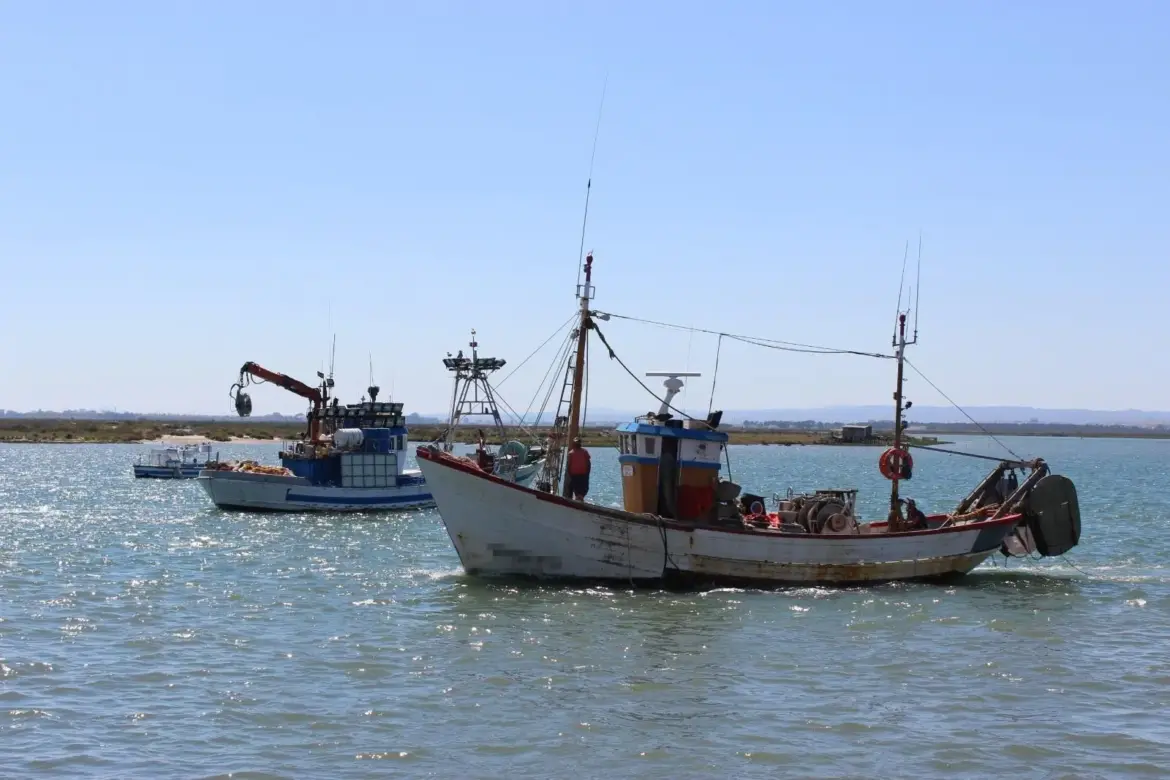Although 65% of the populations of fish in the Mediterranean are still in a state of overexploitation, the recent years show encouraging signs of recovery.
This is stated by Miguel Bernal, executive secretary of the General Fisheries Commission for the Mediterranean (CGPM) of the FAO, who highlights the progress made and the pending challenges in a region crucial for marine sustainability and the Mediterranean diet.
## A region with high demand and low biomass
The Mediterranean has limited fish biomass but a growing demand for marine protein both in the north and south of the basin. This pressure, combined with millennia of fishing activity, led to a critical situation a decade ago, with almost all species overexploited.
Since 2012, the implementation of regional fisheries management plans has allowed:
– Reducing the pressure on resources by 30%
– Improving the conservation status of 70% of the managed species
However, there are still species without comprehensive protection and others that require more time to recover. The FAO estimates that at least 20 years are needed to fully restore populations.
## The fishing sector, between resilience and crisis
Despite the progress, the Mediterranean fishing sector faces a structural crisis:
– Less fish availability
– Longer fishing time to obtain results
– Growing disinterest among new generations
The reduction of fishing effort, necessary to protect species, has generated economic tensions. The FAO proposes to seek a balance between environmental sustainability and the social and economic viability of the sector.

## Aquaculture and diversification: keys to the future
With a view to the projected population growth for 2050, the FAO promotes a food diversification strategy based on:
– [Cultivation of algae with high nutritional value](https://noticiasambientales.com/ciencia/santa-cruz-avanza-en-san-julian-el-primer-proyecto-de-siembra-de-algas-del-pais/)
– Production of mollusks and low trophic level species
– Restorative aquaculture that recovers ecosystems and vulnerable species
These practices allow reducing ecological impact, avoiding losses in the value chain, and complementing traditional fishing with sustainable alternatives.
## The Mediterranean diet, heritage at risk
Marine-origin protein is an essential component of the Mediterranean diet, recognized for its health benefits. The FAO warns that this food heritage must not be lost, and that it is urgent to ensure its availability through responsible practices.
“We want fishing to continue, but at sustainable levels, complemented by efficient aquaculture and without waste,” emphasizes Bernal.


Dining and Cooking